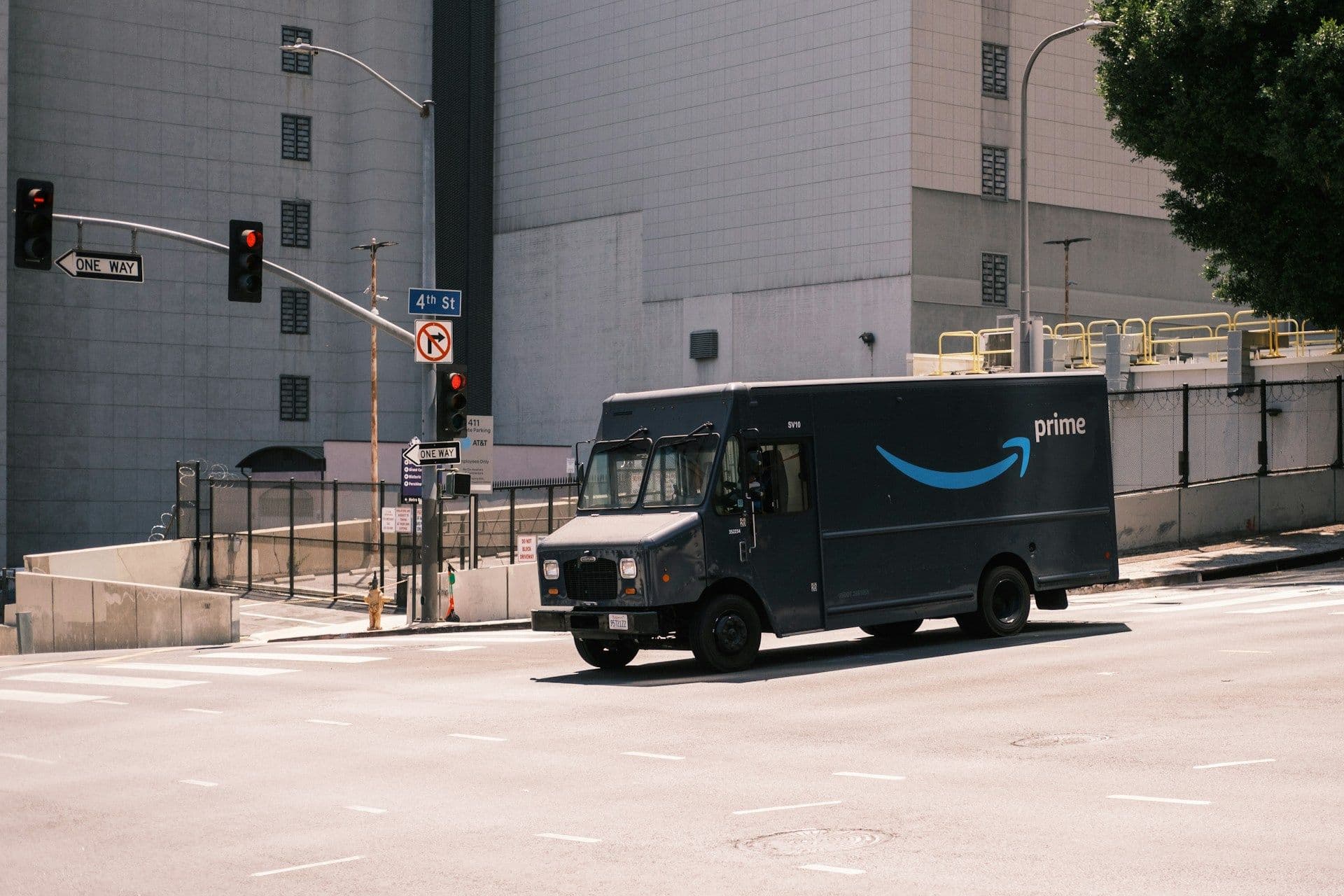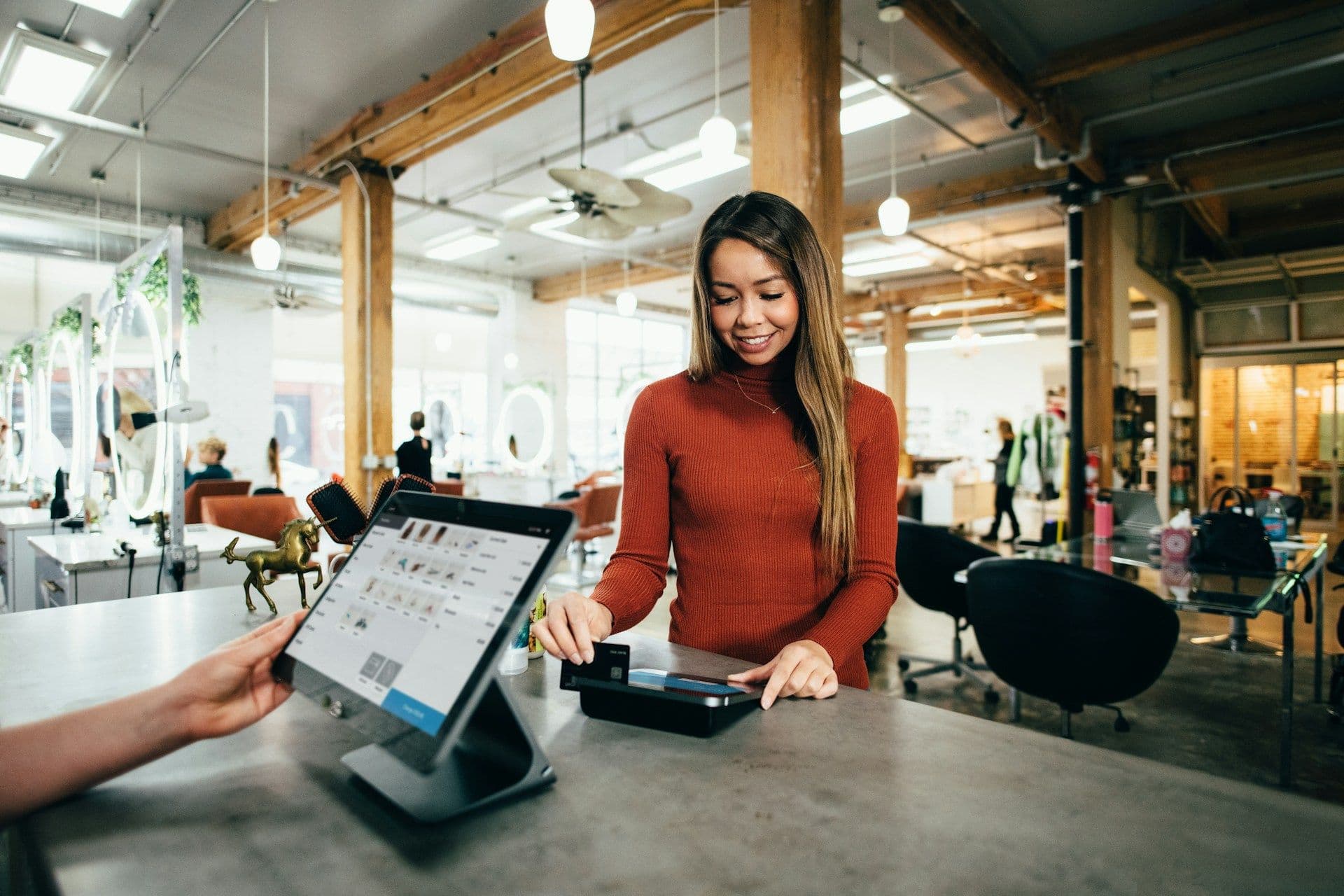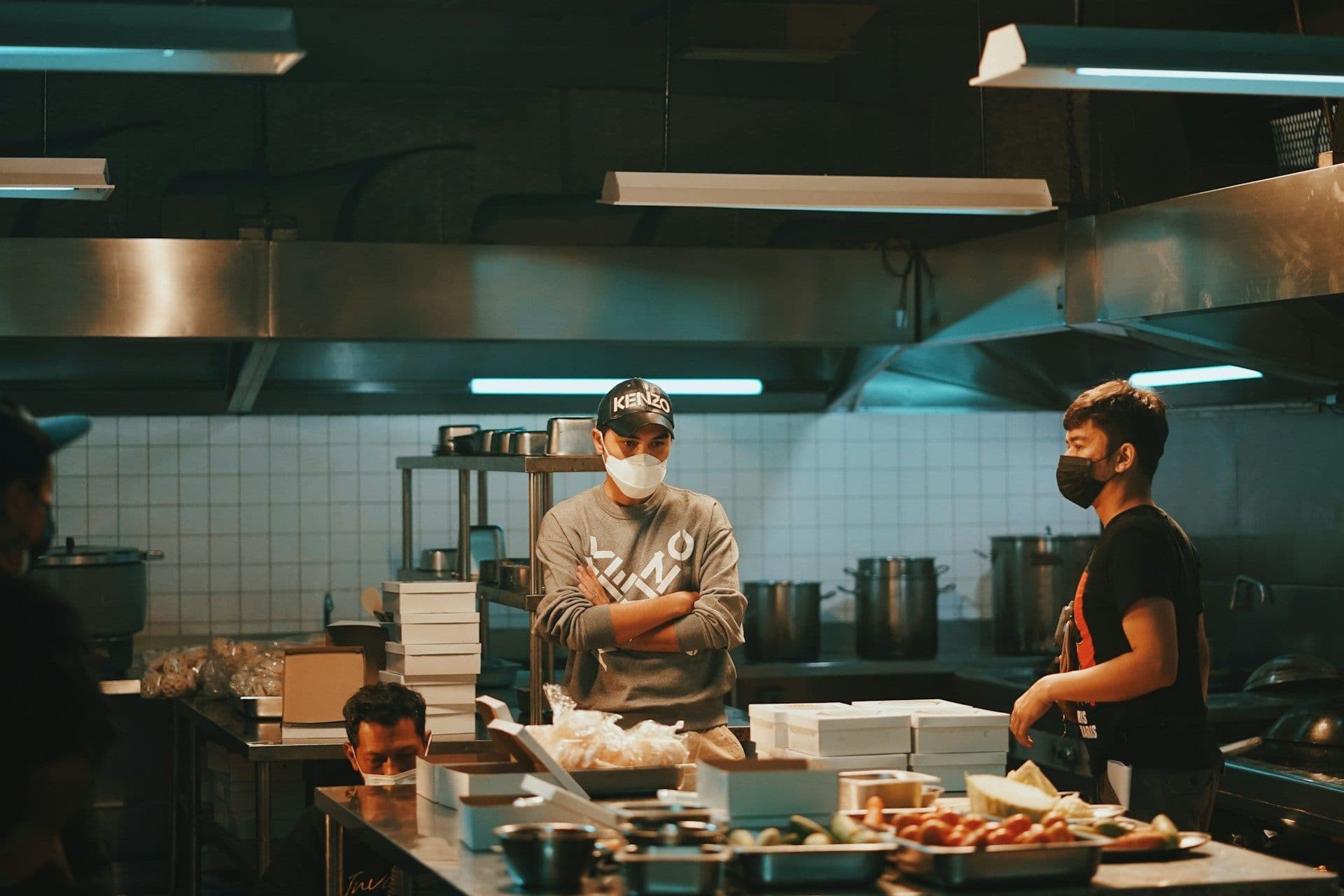Protecting Your Deliveries: Is Your F&B Stock Covered While In Transit?

In Singapore's bustling F&B landscape, deliveries are no longer just an add-on; for many, they're a core part of the business. From fresh produce arriving daily from suppliers to prepared meals heading out to hungry customers, your F&B stock is constantly on the move. But what happens if something goes wrong during transit? Is your valuable inventory protected against damage, spoilage, or even theft while en route?
Many F&B business owners mistakenly believe their standard property insurance covers goods once they leave the premises. However, typical property policies usually only cover your stock at your declared premises. Once your ingredients or prepared meals are loaded onto a vehicle – whether your own or a third-party delivery service – they enter a "transit risk" zone.
The Risks of Stock In Transit for F&B:
The journey from kitchen to customer, or supplier to storeroom, comes with its own set of unique hazards:
- Accidents: Collisions or sudden stops can damage delicate food items or containers.
- Temperature Fluctuations: For perishables, a breakdown of a refrigerated truck or a prolonged delay can lead to spoilage.
- Theft: Goods can be stolen from vehicles, especially high-value items.
- Spillage/Contamination: Packaging failures or rough handling can lead to product loss.
- Natural Disasters: Heavy rain or floods (common in Singapore during monsoon season) can damage goods during transport.
How to Insure Your F&B Stock In Transit:
To ensure your F&B stock is protected while on the move, you generally need Goods in Transit cover.
- Goods in Transit cover: This specific insurance protects your F&B stock against damage, spoilage, or theft while being transported. It applies when your own vehicles are used to transport goods.
Key Considerations for Singapore F&B Deliveries:
- Your Own Fleet vs. Third-Party Logistics (3PLs):
- Own Fleet: If you use your own delivery vans, your Goods in Transit cover would protect your stock. Ensure your drivers are properly trained in handling F&B items.
- 3PLs (e.g., GrabFood, Foodpanda, Deliveroo): When you use these delivery companies, they typically take up the responsibility for the goods during transit under their terms. While these platforms often have some level of insurance, their liability for damaged or spoiled goods might be limited by their specific terms and conditions. It's crucial to review their terms carefully. Your own Goods in Transit cover would apply when you are responsible for the transport, not when the 3PL is.
- Type of Stock: Perishable goods often require specific endorsements or conditions due to their susceptibility to temperature changes and spoilage.
- Route & Value: The value of goods typically transported and the routes taken (e.g., across the causeway, local deliveries) will influence the type and level of coverage needed.
Don't let the last mile of your F&B operation be your weakest link. Ensure your valuable stock is protected from the moment it leaves your premises until it reaches its destination. Review your current insurance policies to see if your deliveries are truly covered.
Let SMEsure handle the risk management for your business. This frees you up to fully focus on your business and dedicate more time to the people who matter most.
For more information on how SMEsure can support your business, visit us here.
For direct, one-on-one support and inquiries, you can also reach us via WhatsApp here.
Share this article:

Wilson is a seasoned Business Development spearheading strategic partnerships and business growth initiatives, leveraging his in-depth knowledge of the FinTech and InsurTech industries.
Read MoreSubscribe to our newsletter for all the latest updates.
Any feedback or questions? Contact Us.
Follow our socials for quick tips & real-world stories.



